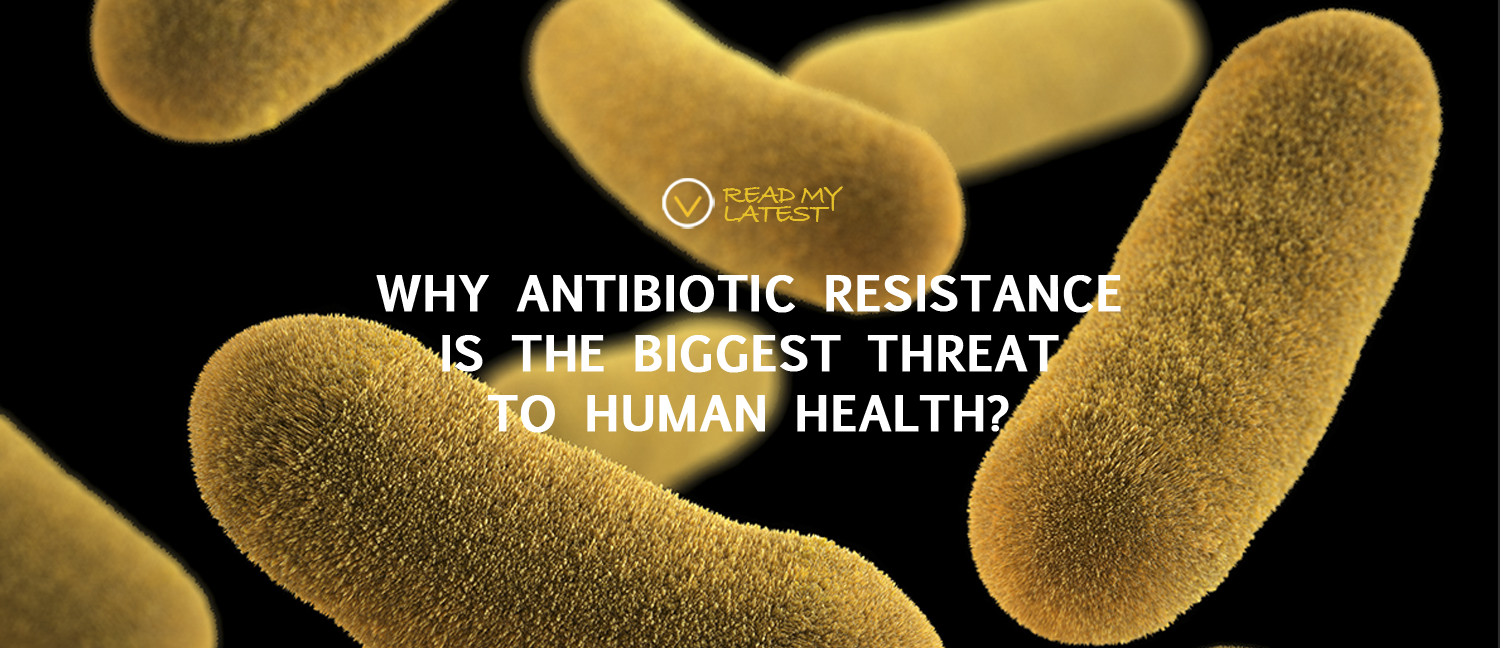
CAN SUNLIGHT SHRINK FAT CELLS?
February 26, 2018
WHY ANTIBIOTIC RESISTANCE IS THE BIGGEST THREAT TO HUMAN HEALTH?
April 9, 2018“Most folks are usually about as happy as they make their minds up to be” ~ Abraham Lincoln
Evidence is growing that the connection between mind and body–between well-being and physical health–is real. The following are just a few things that can put a smile on your face…
1. BE PRESENT
According to a study of 5,000 people by psychologists Matthew Killingsworth and Daniel Gilbert of Harvard University, adults spend only about 50% of their time in the present moment. In other words, we are mentally checked out half of the time. In addition to measuring when people’s minds were wandering, the scientists collected information on happiness levels. They found that when we are in the present moment, we are also at our happiest, no matter what we are doing.
Why does the present make us happy? “Because we fully experience the things going on around us”, says Emma Seppälä, author of the Happiness Track. Instead of getting caught up in a race to accomplish more things faster, we slow down and are actually with the people we are with, immersed in the ideas being discussed and fully engaged in our projects. By being present, you will enter a state of flow that is highly productive and will become more charismatic, making people around you feel understood and supported. You will have good relationships, which are one of the biggest predictors of success and happiness.
2. GIVE GRATITUDE
It turns out, gratitude makes you happier and healthier. A recent Harvard University study has officially linked the act of being grateful with increased happiness. Three groups participated in the experiment and were asked to record (a) things they were grateful for that happened during the week, (b) things that agitated them during the week (c) weekly happenings either positive or negative.
Research showed that when groups were tasked with writing negative things or with writing about positive and/or negative things, they were less happy than those that wrote exclusively about the positive things that they were grateful for. The study reported, “After 10 weeks, those who wrote about gratitude were more optimistic and felt better about their lives. Surprisingly, they also exercised more and had fewer visits to physicians than those who focused on sources of aggravation.”
Several studies have shown depression to be inversely correlated to gratitude. It seems that the more grateful a person is, the less depressed they are. Philip Watkins, a clinical psychologist at Eastern Washington University, found that clinically depressed individuals showed significantly lower gratitude (nearly 50 percent less) than non-depressed controls.
3. BE KIND
Here’s a good reason for you to make time to extend a little more kindness to those around you. A new study by Canadian psychologists has found that much of our joy comes from simply being kind. The study monitored 115 participants with high levels of social anxiety. It found that people who normally avoid social situations due to anxiety had their fears alleviated when they began performing acts of kindness for other people. This was true even if the act was a simple one, such as doing a roommate’s dishes or mowing a neighbor’s lawn. Seeing how their kindness benefitted another person raised their own happiness level, and it also made them engage more easily with the person. The researchers believe that performing acts of kindness helps everyone live more satisfying, engaging lives.
4. BE HOPEFUL
How hopeful are you? Do you see the glass half empty or half full? If you are seeing the glass half full is a good thing according to Paul Frijters, a professor at Australia’s University of Queensland. After all, recent research from Frijters, one of the lead authors of an enlightening duo of studies on hope and happiness, concluded that the more hopeful we are, the happier we are. As Frijters notes a sampling of 10,000 people, over a nine-year period, showed that people who had high hopes and expectations for the future seemed better off from a happiness perspective overall.
How hopeful you are has important work and life implications. It impacts how well you age, how you take care of your health, and how productive you are at work. Being a hopeful thinker about the future will help you build your resilience and give you yet another tool for handling stress, change, and adversity.
5. BE ACTIVE
We all know about the benefits of regular exercise on our bodies – whether it’s managing weight or boosting our cardiovascular health. But keeping fit can have a huge impact on our mental health, moods and happiness, too.
In fact, according to a study at the University of Vermont, as little as twenty minutes of exercise can improve our mood for up to 12 hours.
“Moderate intensity aerobic exercise improves mood immediately and those improvements can last up to 12 hours,” concluded study lead researcher Dr. Jeremy Sibold, assistant professor of rehabilitation and movement science at the University of Vermont, Burlington.
Here are just a few of the ways that exercise can benefit you mentally and physically…
- It releases ‘happy’ chemicals
- It reduces stress
- It clears your mind
- It combats depression
- It boosts your psychological wellbeing
- It gives you more confidence
- It gives you more energy

